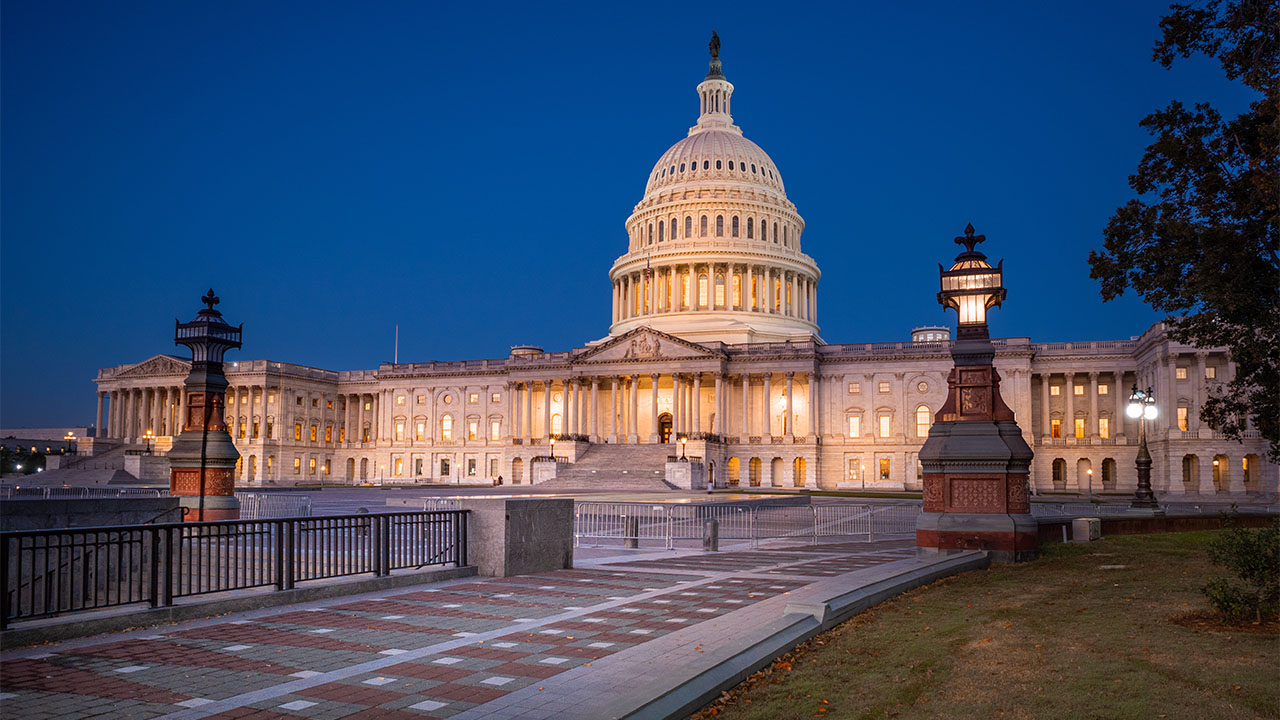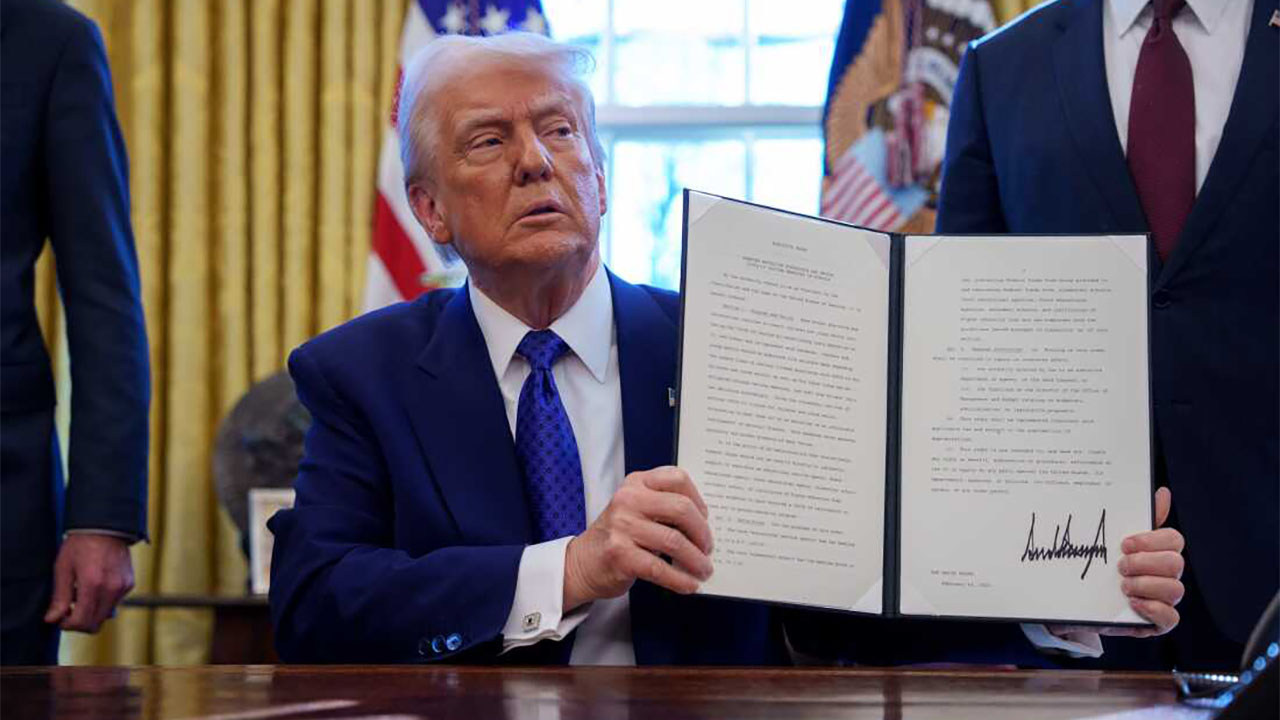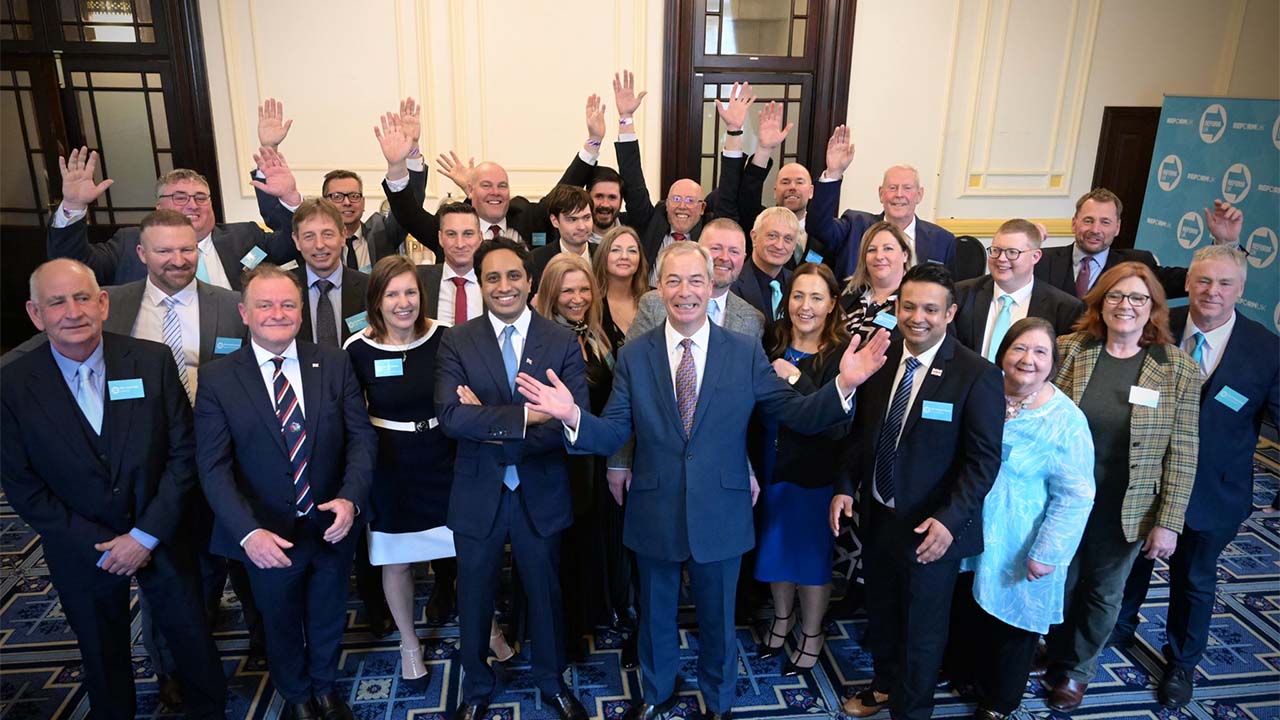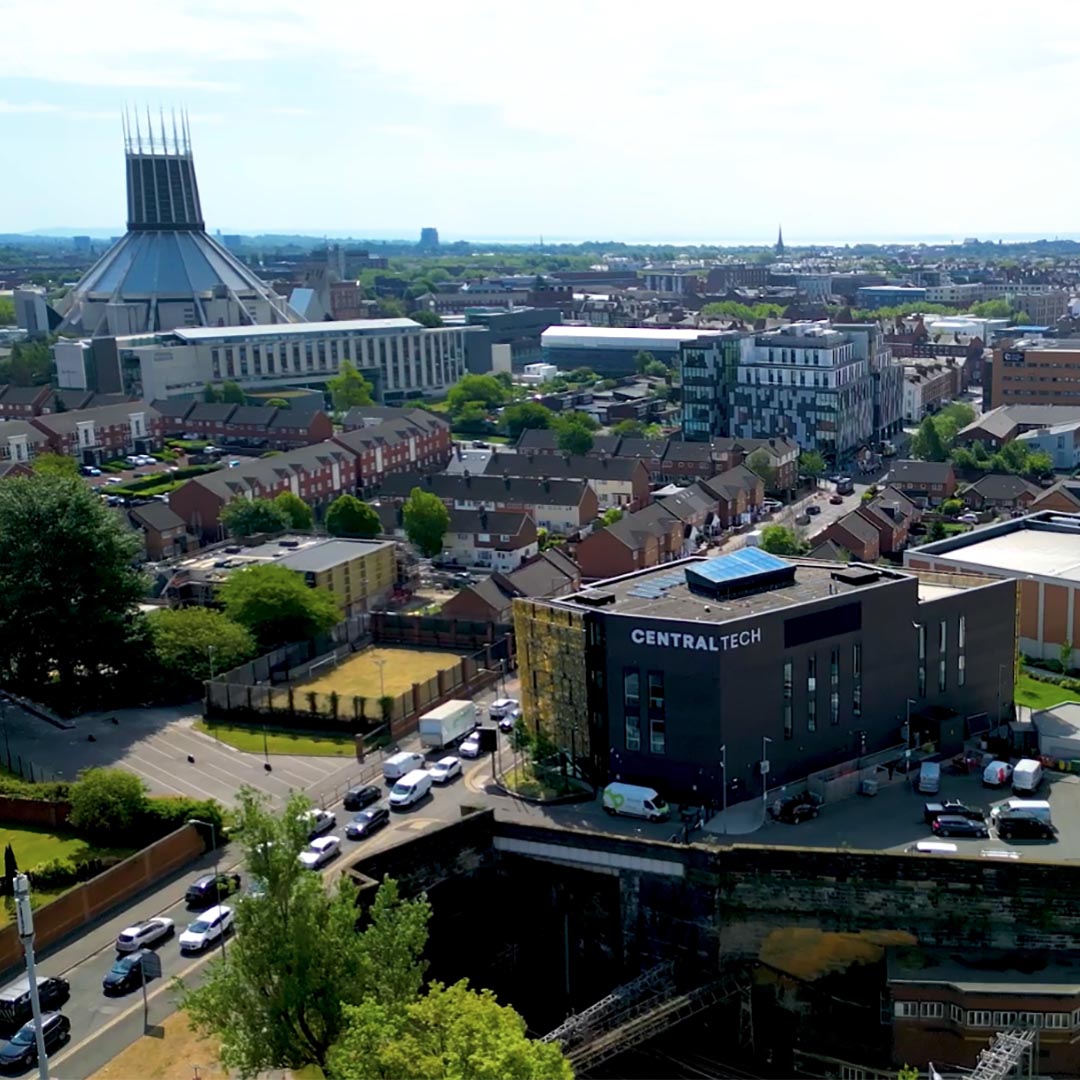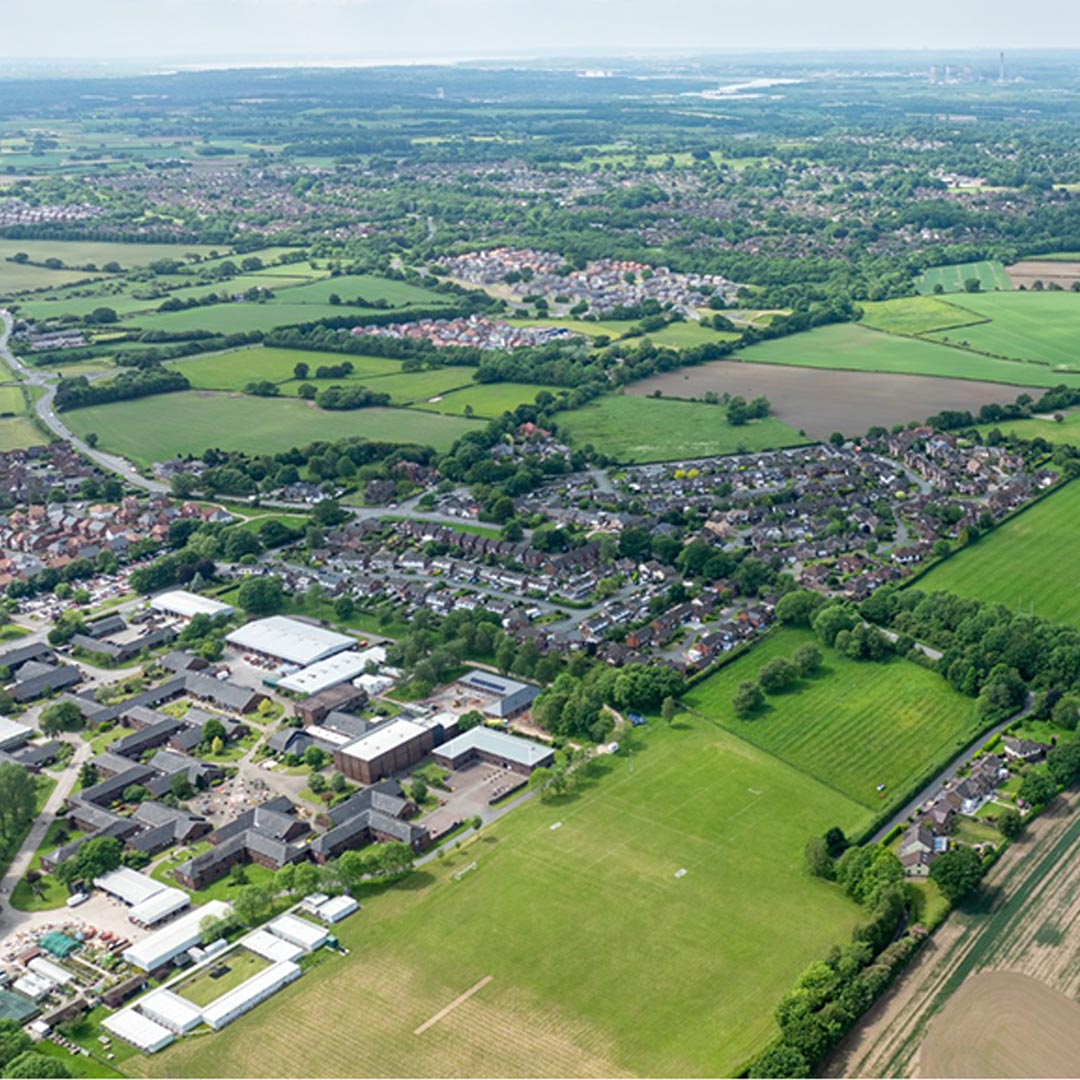Trust.
It is what business, brands, politics and government are all built on.
A recent US Gallup poll showed the decades-long trend of transferring trust from central government to local administrations is continuing at pace.
More worryingly, a new PewResearchCenter report earlier this week revealed only 2% of Americans believe Washington can be trusted to ‘nearly always’ do the right thing. And only a paltry 1 in 5 believe Congress will ‘most of the time’ get it right.
The picture is slightly better for town hall chiefs.
More than 7 out of 10 citizens say they have trust in their local government officials, much higher than the number who believe national leaders can be trusted to deliver.
Republicans tend to have higher levels of trust in local officials, perhaps reflecting their general view that small government is better. Democrats, disillusioned with the lack of Federal progress on Climate Change, Gun Control, Racial Justice and other macro-initiatives, are increasing their attention and interest in local and state administrations to make progress where the President and Congress are failing.
As a result, we are seeing new US power bases emerge to reflect this shifting expectation. When President Trump withdrew from the Paris Climate Change Protocol, a committee of US State Governors – all Democrats – created a series of initiatives on renewable energy and sustainability. In the UK, city leaders and Regional Mayors are poised to do likewise it seems, as the Prime Minister and his cabinet dither.
But while more Americans look to State Governors, City Hall or County Commissioners for answers and solutions, the challenges for local government are huge and continuing to grow.
While Federal Government can set budget deficits and spend against future projected income streams, State and Local Governments aren’t afforded such luxuries. Budgets must be balanced every year which means priorities shift, needs change and spending levels fluctuate.
But if they are to find a recipe for success, in amongst everything else they are tasked with doing, local officials, elected representatives and city managers need to make Building Trust a primary focus too.
Transparency will be a vital ingredient.
For local government, money is tight and the list of issues endless. Americans understand that, but how and why decisions are made, how priorities are set and spending approved, all this needs to be open to scrutiny.
But it appears too many local administrations seem to fear sharing such information.
Few town halls or Governors’ offices take proactive measures to explain their actions. They point to Federal and State Freedom of Information Acts as the salve which affords citizens the answers to their bothersome questions. But too often the system is cumbersome, slow and the responses received raise more questions than they provide answers.
In the digital age, where a Google Search or a WikiPage can tell you almost everything you want to know, it is unacceptable for local government to not make adequate information available. In recent years, businesses have made progress in making their information easier to access and have seen a comparative rise in their trust rankings versus public and governmental organisations which have been slower to respond. Citizens and other interested stakeholders have a right to quiz the decision-making process and its priorities, but Government has an obligation to make this information as simple and accessible as possible.
Too many seem town halls appear to see this as a threat.
Another problem is how disjointed local government is. Even those administrations who do want to open their books and invite residents into their process struggle to tell a coherent story about their efforts. It appears, too often the left hand has no idea what the right hand is doing. There is a need for better Integration.
Rather than every department working together to plan and report collective community outreach and engagement efforts, the different departments – Highways, Health, Children’s Services, Economic Development, Housing – act independently. But, other than perhaps on the Mayor or Chief Executive’s desk, nowhere do these collective plans and initiatives come together to give a single view of the administration and its work.
And ‘turf wars’ are still way too common. In an era of shrinking budgets, department managers and political leaders can become overly focused on protecting their ‘piece of the pie’ their teams and their projects, rather than thinking about the priorities of local residents and businesses.
Also, Building Trust isn’t a “once and it’s done” task. It is an ongoing process, reacting to changes and new circumstances so, consequently, it needs to be a loop not linear.
This requires Feedback.
As well as bringing more voices into the conversation and not just relying on self-selectors like paid lobbyists and those with a vested interest – it means making the narrative of engagement as widely available as possible. The mantra should be, tell everyone the same story and invite them to share and contribute.
This can be a challenge too.
Working with a leading UK local authority, we introduced a quarterly council newspaper delivered free to every home with an accompanying website and social media feed for deeper dives into policy and performance metrics. It won awards within local government circles and was popular with those hard-to-reach residents who, our research revealed, previously couldn’t recall hearing from their council other than at election time. But it was aggressively attacked by those who had a vested interest in the process being closed off to a wider public debate. They fought hard to keep decision-making tucked away for special interest groups only and hidden in the shadows and back rooms of the town hall.
But it was worth the effort. Once the process of Building Trust starts, it’s difficult to put the ‘genie back in the bottle’ and return to the good old, bad old ways.
So what next for America’s local government leaders? Buoyed by the fact they are doing better than their Washington counterparts, perhaps the first step for mayors and city hall leaders is to make a very public commitment to Building Trust.
Making a pledge to improve Transparency, Integration and Feedback not only tells citizens you are serious, it challenges those in your organisation or administration to put it into practice, measure their performance and report it.
Small steps but critical if town halls and state legislators are going to keep the people on their side.



